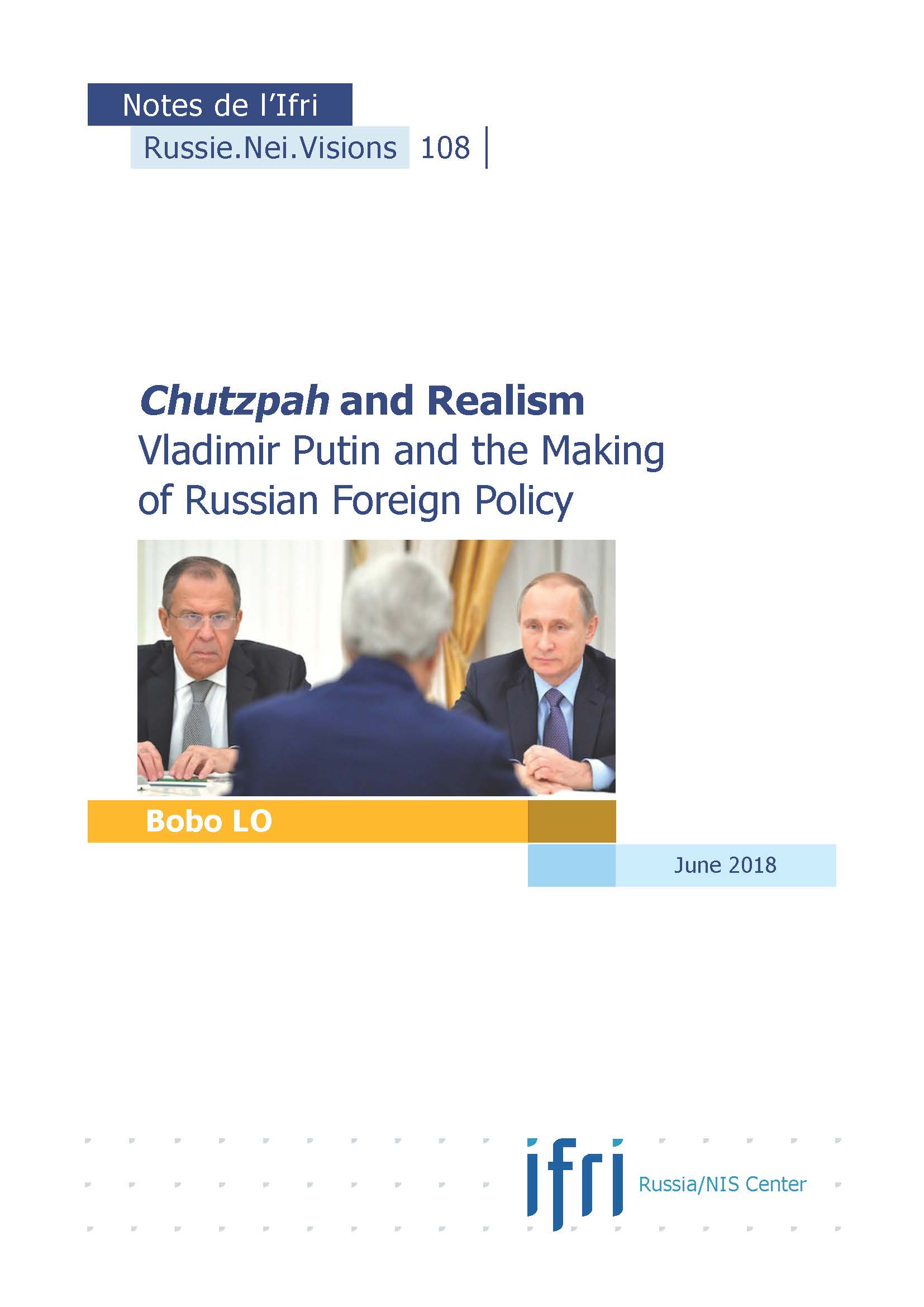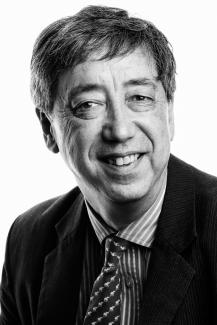Chutzpah and Realism: Vladimir Putin and the Making of Russian Foreign Policy

In the course of his presidency, Vladimir Putin has presided over a remarkable expansion of Russian foreign policy.
During the 1990s, Russia was a regional power in all but name. Today, however, we are witnessing the re-emergence of a global Russia, whose ambition and confidence are at a post-Cold War high. The conviction that it is integral to a new world order reflects not only a historical sense of entitlement, but also renewed self-belief.
But this progression masks major flaws. Despite impressive demonstrations of military might in Ukraine and Syria, and Putin’s tactical dexterity, Russia remains a weak power in many respects.
Bobo Lo is an independent analyst. He was previously Director of the China and Russia Programmes at the Centre for European Reform; Head of the Russia and Eurasia Programme at Chatham House; and Deputy Head of Mission at the Australian Embassy in Moscow. He is an Associate Research Fellow with the Russia/NIS Center of the French Institute of International Relations (Ifri).
Download the full analysis
This page contains only a summary of our work. If you would like to have access to all the information from our research on the subject, you can download the full version in PDF format.
Chutzpah and Realism: Vladimir Putin and the Making of Russian Foreign Policy
Related centers and programs
Discover our other research centers and programsFind out more
Discover all our analysesThe Caspian Sea as an Emerging Energy Hub : Potentials and Limitations
This report analyzes the prospects of the Caspian Sea region — and its key actors except for Russia and Iran — becoming an important energy hub serving the needs of the European Union (EU).
The European Union's Strategic Test in Georgia
The political crisis brewing in Georgia is of an existential nature for the country. What is at stake is Georgia's future as a democratic and sovereign European nation (EU).
Commanders of Putin's Long War: Purged, Reshuffled and Disgruntled
The trend of reshuffling the Russian top military command in the course of a fast-evolving and far from successful war has progressed unevenly both across the Armed Forces’ structures and in time. The rationale for and timing of the abrupt cadre decisions made by Commander-in-Chief Putin often defy logical explanation, and the rare official clarifications are no more informative than the usual information blackout.
Russian Military Manpower After Two and a Half Years of War in Ukraine
In addition to a military victory in Ukraine, the Russian leadership is planning to build up sizable troop formations for a possible conflict with NATO in the Baltic region and the Kola Peninsula. In particular, current plans aim for the military manpower to grow by about 350,000, reaching a total of 1.5 million soldiers and commanders. In the context of the current conflict in Ukraine, this cannot be accomplished without a new wave of mass mobilization.












